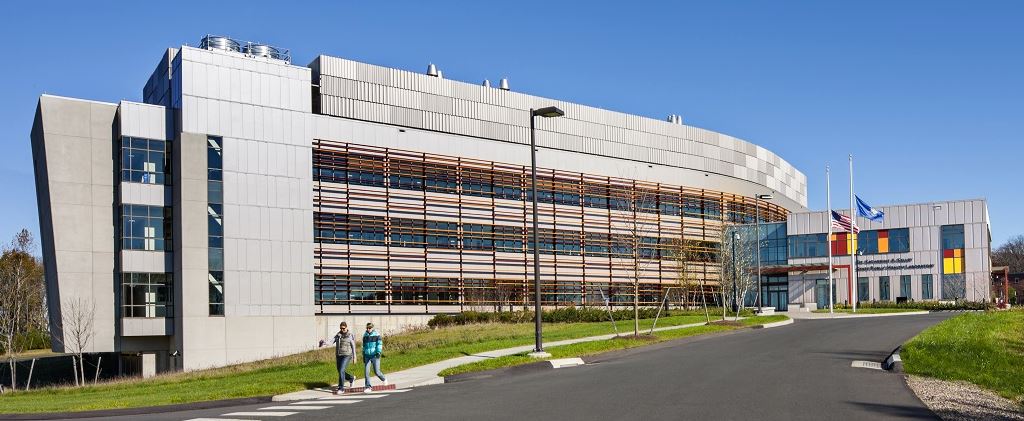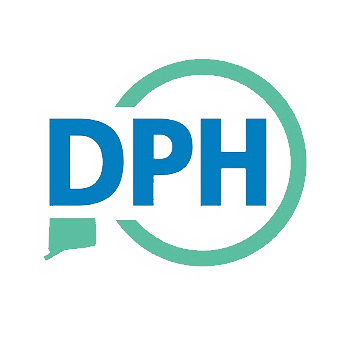
The Dr. Katherine A. Kelley State Public Health Laboratory serves all communities in the state through the analysis of clinical specimens and environmental samples submitted by federal and state agencies, local health departments and districts, clinical laboratories, health care providers, and water utilities. The Laboratory provides over 2 million test results on approximately 250,000 specimens and samples it receives each year. Analytical data are used to monitor for agents harmful to the public health, identify the causes of outbreaks of disease, and assure that control measures (e.g., vaccines, antibiotics, environmental remediation, etc.) are effective.
Laboratory Resources:
Severe Acute Respiratory Syndrome Coronavirus 2 (SARS-CoV-2) testing information
Collection Supplies and Test Requisition Forms
Directory of Clinical Testing Services
Environmental Sciences Test Directory
Laboratory Certifications and Accreditations (CLIA, EPA, AIHA, etc.)
The Laboratory is comprised of the following testing sections:
Microbiology and Infectious Diseases
This section tests for infectious agents in humans, animals, food and water, and provides reference testing in support of epidemiological surveillance and outbreak investigations. Services exclusively provided by the Public Health Laboratory include:
- Testing for emerging infectious diseases
- Testing for surveillance and outbreak investigations
- Animal testing for rabies
- DNA fingerprinting of foodborne pathogens
Bioresponse
The State Public Health Laboratory provides testing services for law enforcement agencies in cases of possible biological terrorism.
Biomonitoring
This section provides testing services for Connecticut's uninsured for the presence of lead from exposure to lead-based paint, folk remedies, or other sources.
Newborn Screening Program
The newborn screening section screens all of Connecticut newborns for the presence of genetic, endocrine, and metabolic inherited disorders that cause severe mental and/or physical illness or death. Through early detection and treatment, the adverse effects of these disorders can be mitigated.
Environmental Sciences
This section tests for over 100 toxic chemical agents in public drinking water supplies, private wells, rivers, lakes, streams, wastewater, spills, and soils. Additionally, this section provides testing services for consumer products and other materials where there is a potential for exposure to hazardous materials such as lead based paint. Other services include monitoring of the nuclear power industry, serving on the State’s nuclear response team including maintaining preparedness and capabilities to respond to radiation emergencies. The section is also designated as the state’s Chemical Emergency Preparedness and Response Laboratory in the event of a hazardous chemical exposure.

